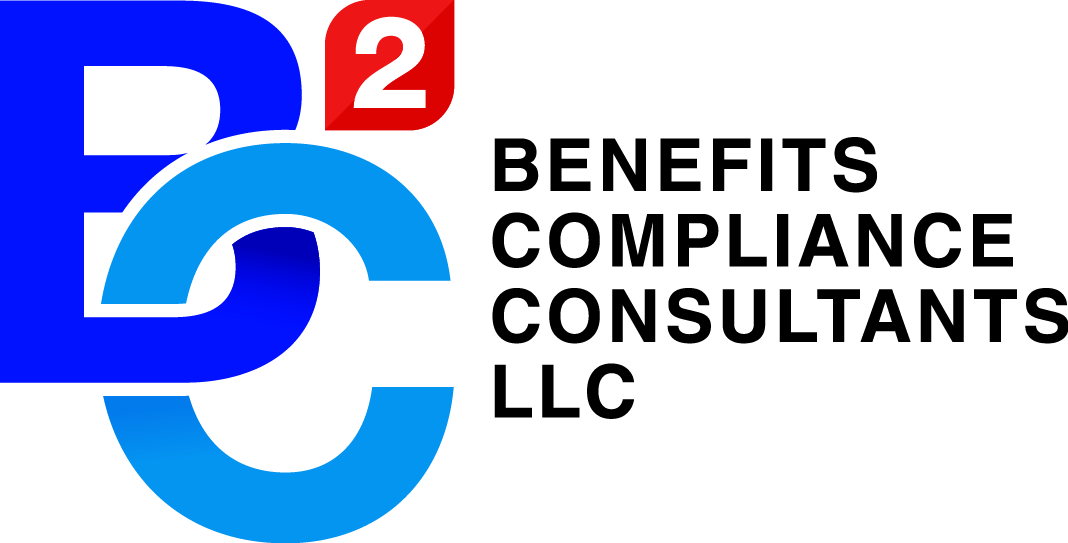How the Secure Act Revolutionizes Your Retirement: Unpacking the Details
The Secure Act, or Setting Every Community Up for Retirement Enhancement Act, is a bipartisan reform bill that increases access to benefit plans and expands employee retirement savings.
As of January 1st, 2020, most of the provisions have already been enacted. This legislation will help small businesses, in particular, to set up employer-sponsored plans and significantly expand coverage across the spectrum to ensure that every hardworking citizen can prepare for a more secure financial future. Several compliance requirements have been added recently that companies across the nation have to abide by. Here are some of the changes when it comes to:
1) Part-Time Employees
Part-time employees who either worked at least 500 hours in 3 consecutive 12-month periods or reached the age of 21 by the end of the aforementioned period must be eligible to participate in a 401(k) plan. The change includes both mandatory substantive and administrative changes. The plan year after 12/31/2020, i.e., the 12-month period beginning before 1/1/2021, will not be considered.
2) 401(k) Safe Harbor Changes
The automatic deferral rate for QACA’s or Qualified Automatic Contribution Arrangements has been increased to 15 percent. The requirement to have a notice for participants when adopting a non-elective employer has also been removed. These changes were made effective from 12/31/2019.
3) Qualified Births and Adoptions
Retirement plan withdrawals up to $ 5,000 for a qualified birth or adoption will not be subject to the 10 percent withdrawal tax, which is a huge relief for expecting parents. These changes took effect on 12/31/2019.
4) Post-Death Minimum Distribution Rules
Once a participant dies, the remaining account balance must be distributed to the designated beneficiaries within 10 years. This rule will be applied regardless of whether the participant dies before or after the RBD date.

5) High Increase in IRS Civil Penalties
Failure to file Form 5500 will now incur a penalty of $250 per day with a cap of $150,000 per annual report. Not providing withholding notice will lead to a $100 penalty fee per failure with a cap of $50,000 annually. If Form 8955-SSA is not filed for terminated vested participants, a penalty fee of $10 per participant per day will be levied up to $50,000.
If the IRS is not notified of registration changes such as plan name, plan administrator address, plan termination, etc., a penalty of $10 per day will be incurred. If the failure continues after the deadline, then the penalty fee will be multiplied by the number of days missed beyond the last date until a maximum of $10,000 per failure.
In addition to the above changes, there are several more that employers need to be aware of to ensure proper compliance.
The complete list of changes can be found on the official government website. The penalties for not complying with the new requirements may be severe, but in the long run, it will benefit not only employees but employers as well.
Top-tier talents will always be attracted to the companies that provide the best benefits, after all.




